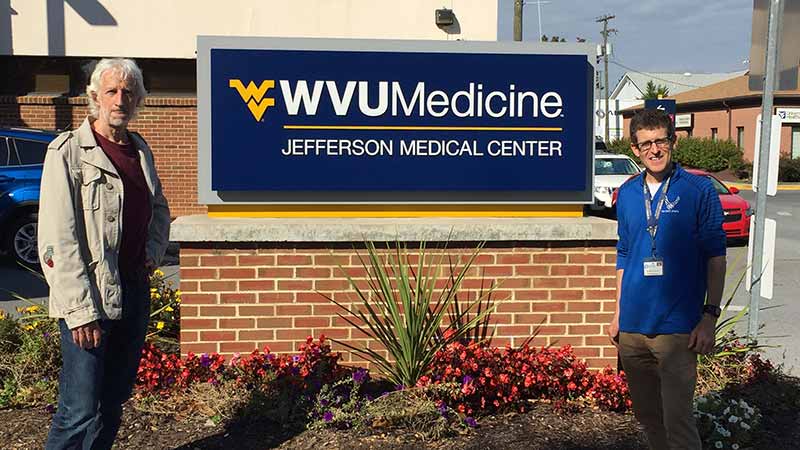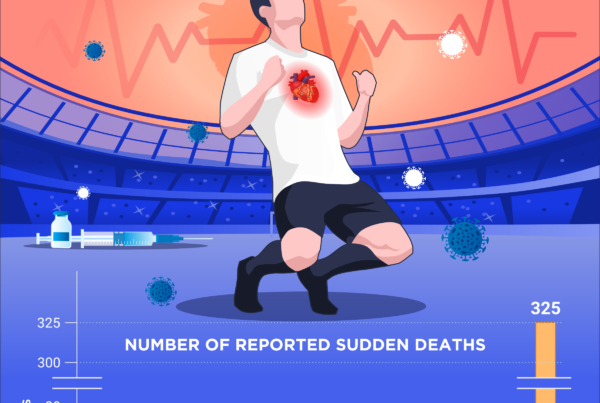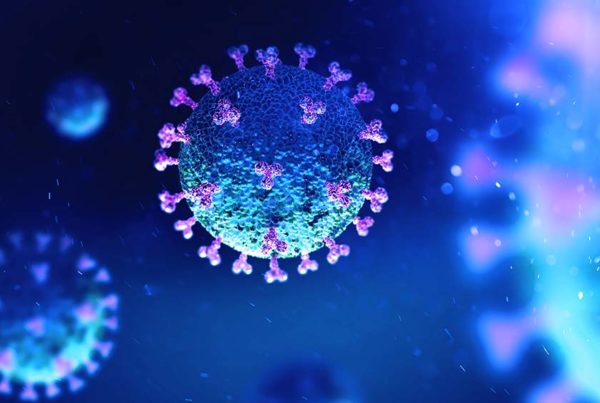
Serving unhealthy food and drink to hospital staff, visitors, and patients may be unethical, especially when we see what happens when bad foods are removed.
A small hospital in West Virginia could become a model for what real healthcare is all about — getting patients healthy.
While a true sugar-free hospital may be a thing of the future, Jefferson Medical Center in Ranson, West Virginia, near Washington D.C., has been making serious strides toward the goal of ridding itself of unhealthy food and drinks.
First to go were sodas and other sugar-containing beverages. Sugar-laden desserts and other foods followed, and junk-food vending machines are on their way out the doors as well.
In addition, the staff has initiated an education program about the health dangers of sugar and refined carbohydrates, and a low-carb option for meals is on the menu.
While some of us have been recommending this approach to patients for decades — while often being ridiculed for it — implementing it in the current medical community is nothing short of revolutionary. It took years for hospitals to fully remove tobacco from campuses, but removing sugar is rarely considered even when we know it can help patients get off medications, improve cardiovascular and metabolic health, lose excess body fat, reduce medical costs, improve quality of life, and more.
At Jefferson , the process began with the doctors, nurses, and the support staff. The recommendation is simple: Stop drinking and eating sugar.
The hospital initiated a low-carb pathway for obese and diabetic patients several years ago as patients and staff were learning the power of this intervention. The hospital allows a 10g carb per meal option with active medication reduction as opposed to the standard hospital diabetic diet of 60g of carbs and a sliding scale insulin.
Now with the “Sugar Free JMC” initiative, sugar-sweetened beverages have been removed from the hospital. This means no soda or sugared drinks in vending machines, the cafeteria, patient trays or on the floor for staff consumption. The staff and leadership at Jefferson view this as positive change as they wish to set the example in the state that leads the nation in obesity and diabetes.
When a person makes this simple change the body adapts to burn more fat calories by taking them from storage to generate energy and a healthier body.
Leading the charge is Dr. Mark Cucuzzella, a practicing family physician and Professor at West Virginia University School of Medicine. Dr. Cucuzzella has been teaching MAF principles for many years, and it helped make him a great runner, winning the Air Force Marathon in 2011 at age 44. He also has the world’s longest active streak of sub 3 hour marathons at 30 years.
Dr. Cucuzzella has seen the benefits of avoiding sugar and other junk food for himself, and teaches his residents (doctors in training) and students the same principles. He has also taken on the food establishment to change the way his hospital feeds patients and staff.
In the small 24-bed hospital, the staff alone has literally lost hundreds of fat-pounds using the simple, easy-to-maintain routine of avoiding sugar and other junk food.
The trickle-down effect is that patients are encouraged to choose the healthy road by example. Literally, patients are shown a small poster of the road they are on now, and asked to choose which road they want to travel moving forward — the current one of poor health or a healthy one. Most choose health. Patients are basically encouraged to take responsibility for their own health.
The influence of Dr. Cucuzzella is life-changing for large numbers of people who were unaware these conditions can be reversed. This health trend is one that not only works, but is healthy and gaining interest all over the world.
There’s nothing new about it — humans have been eating this way for millions of years, until about 5,000 years ago when agricultural revolution gave us processed food. Over the last 50 years, the overfat pandemic burst onto the scene, and today 91 percent of U.S. adults and 69 percent of children are overfat.
Hospitals, ironically and unfortunately, have been contributors to the problem. In addition to serving up junk food, 20 percent of hospitals also house fast-food restaurants, with twice that number in teaching hospitals. Children’s hospitals are no better. Family physician Dr. Lenard Lesser, an advisor on hospital food for the Centers for Disease Control and Prevention, wrote in a 2013 editorial for the American Medical Association Journal of Ethics, “Serving definitively unhealthful food items to patients, visitors, and staff is simply unethical.”
Can one small hospital lead the way in reversing our sugar-coated society — a flip-flop of long-standing government recommendations? Dr. Cucuzzella certainly believes it’s possible to lead the way to a healthier low-carb, higher-fat approach.
As lead author of a 2017 study (Journal of Insulin Resistance, “A Low-Carbohydrate Survey: Evidence for Sustainable Metabolic Syndrome Reversal” ), Dr. Cucuzzella and colleagues looked at 1,500 people who benefited from switching to low-carbohydrate eating and showed it to be a satisfying and sustainable method to help reverse poor health in a community setting. The study also highlighted that this simple approach can help reverse illness, reduce or eliminate medication, and improve quality of life.
It’s this seed that Dr. Cucuzzella is planting in his own hospital and hopes will be adopted by other healthcare facilities in the near future.
Hospitals serve important roles as leaders in health education. By taking this courageous step in removing sugar from the hospital, Jefferson Medical Center is setting a healthy and positive example for patients and the public.








